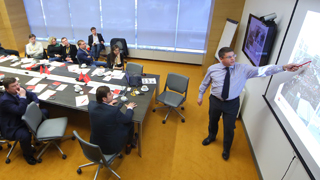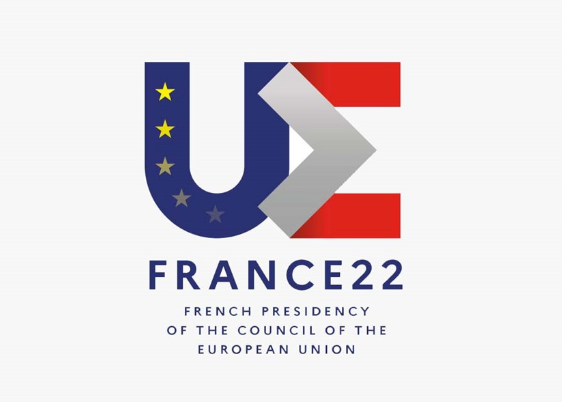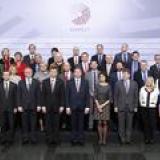Policymakers need solid evidence to understand the changes taking place in the labour market and to respond to the changing dynamics of industrial relations in Europe. Eurofound uses data and analysis drawn from its network of correspondents in the EU Member States and Norway to map trends and patterns and to point to examples of well-functioning social dialogue at both European and national level.
Eurofound research investigates aspects such as social partner involvement in policymaking, employee involvement and participation, collective bargaining, pay and reward systems, employee representation and industrial relations at all levels. It examines the extent to which industrial relations have adapted to the emergence of multinational organisations.
The Agency has produced a large body of work extending over 40 years that has charted the many and changing facets of social dialogue in Europe at various levels: company, sectoral, national, European and international.
The industrial relations flagship report published in 2022 presents an overview of the most important developments in industrial relations, including social dialogue, between 2015 and 2019. Other work in this area maps the key dimensions of industrial relations.
Role of social partners in policymaking
The Agency maps the form and quality of social partner involvement in national policymaking in various outputs. Since 2020, the EU PolicyWatch database monitors if and how social partners contributed to designing or implementing national policies to cushion the socioeconomic impacts of policies set in various crisis contexts. The quality of the national social partners’ involvement in designing and implementing reforms and policies in the context of the European Semester process are monitored since 2016. Annual working papers from the Network of Eurofound Correspondents on developments in working life, including industrial relations, completes the picture on social dialogue and social partner involvement from the national level.
Representativeness studies
Eurofound’s representativeness studies carried out across multiple sectors, following a mandate from the Commission in 2006, provide the basic information needed for the setting up and functioning of the European sectoral social dialogue committees.
Employee representation and involvement at company level
Eurofound’s main tool to monitor company-level social dialogue is the European Company survey (ECS), with the latest edition completed in 2019. Among other aspects, it monitors the existence of company-level employee representation structures, company social dialogue and collective bargaining in the different national contexts.
Regularly updated resources
- EU PolicyWatch database: Maps policies related to different crisis contexts (such as the COVID-19 pandemic, the war in Ukraine or the twin transition) and records for each case the form of social partner involvement.
- European Industrial Relations Dictionary: Developed in 2005 as an online reference tool for policymakers and practitioners, the dictionary is a valuable storehouse of information on employment and industrial relations in the EU.
- Country profiles: These working and living country profiles provide relevant contextual information on the structures, institutions and regulations underpinning working life in the EU Member States and Norway and at EU level.


























